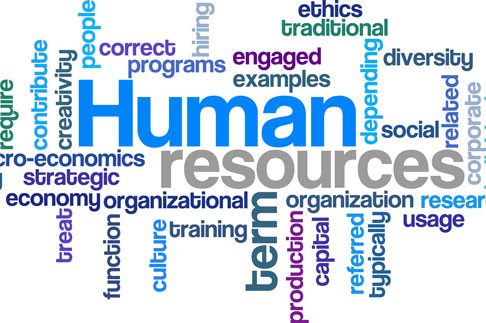YOUR BIGGEST CHALLENGE?
 After a 50 year diet of HR management panaceas, and silver bullets, CEO frustration with HR has been evident for some time. How do we regain the initiative?
After a 50 year diet of HR management panaceas, and silver bullets, CEO frustration with HR has been evident for some time. How do we regain the initiative?“There are some HR people out there who have already begun the journey of moving HR from a department to a philosophy. HR is on a long and painful journey. It will be a world where managers manage, leaders lead, and HR’s size is tiny, but its role is massive – the sustainability of our organizations’ determined by the quality of the staff we employ”
Graham White – HR Director, Westminster City Council
In the aftermath of the 2008 economic crisis, business leaders are driven by global changes and competitive pressures to deliver three fundamental results: increase revenue, generate cash, and reduce costs.
The HR profession rose to the challenge and contributed to economic recovery in its role in restructuring, downsizing, rebalancing the workforce, budget cutting, and consolidation of the HR function into smaller, more focused units. Inevitably, the HR baby was thrown out with the bathwater in many organisations.
Getting baby back is prohibitively expensive and HR will never be reconstituted in the format we knew. Although few executives disagree that better human capital management pays off in better business performance, most will have major difficulty justifying this belief using clearly articulated data. The acid-test of new HR relevancy is its ability to acquire the right tools and supporting metrics so the business leader has clear insight into the anticipated return on human capital initiatives.
HR’s challenge is to respond to the business leaders’ frustration that workforce expenses consume huge amounts of revenue without a proven way of prioritising HR spend versus competing demands for the same limited resources. Once business leaders get answers to the pay-off questions, they are quick to recognize the unique contribution HR has a revenue enhancer, a champion of cost-management, and the engine of human capacity.
Professional silos such as finance, sales, legal, marketing, technology, operations breaking down and HR no longer exist as standalone units. Now organisations are demanding HR become a dependable and knowledgeable business partner who combines an astute understanding of the business, local and global labour market trends, together with strong psychological insights into human behaviour.
Leading HR thinkers like David Cohen have responded to this challenge. Return on Investment (ROI) is a tool for building a strong HR business case adding quality information to the decision making process by illustrating the impact of an initiative designed to result in measurable business performance improvement.
Instead of calculating ROI the traditional way, HR must learn how to determine and articulate how its work adds value to the business in economic terms. Then it must honestly assess whether the ROI-HR processes and activities impact the business, or whether they are in place for sake of tradition. Once HR has taken up this challenge by proving the business case for its work, then the business leaders will be speaking the language of Human Resources.
The best practices are behind us – these are the Next Practices for a resurgence HR.
Richard Motet HumanROI Partner
